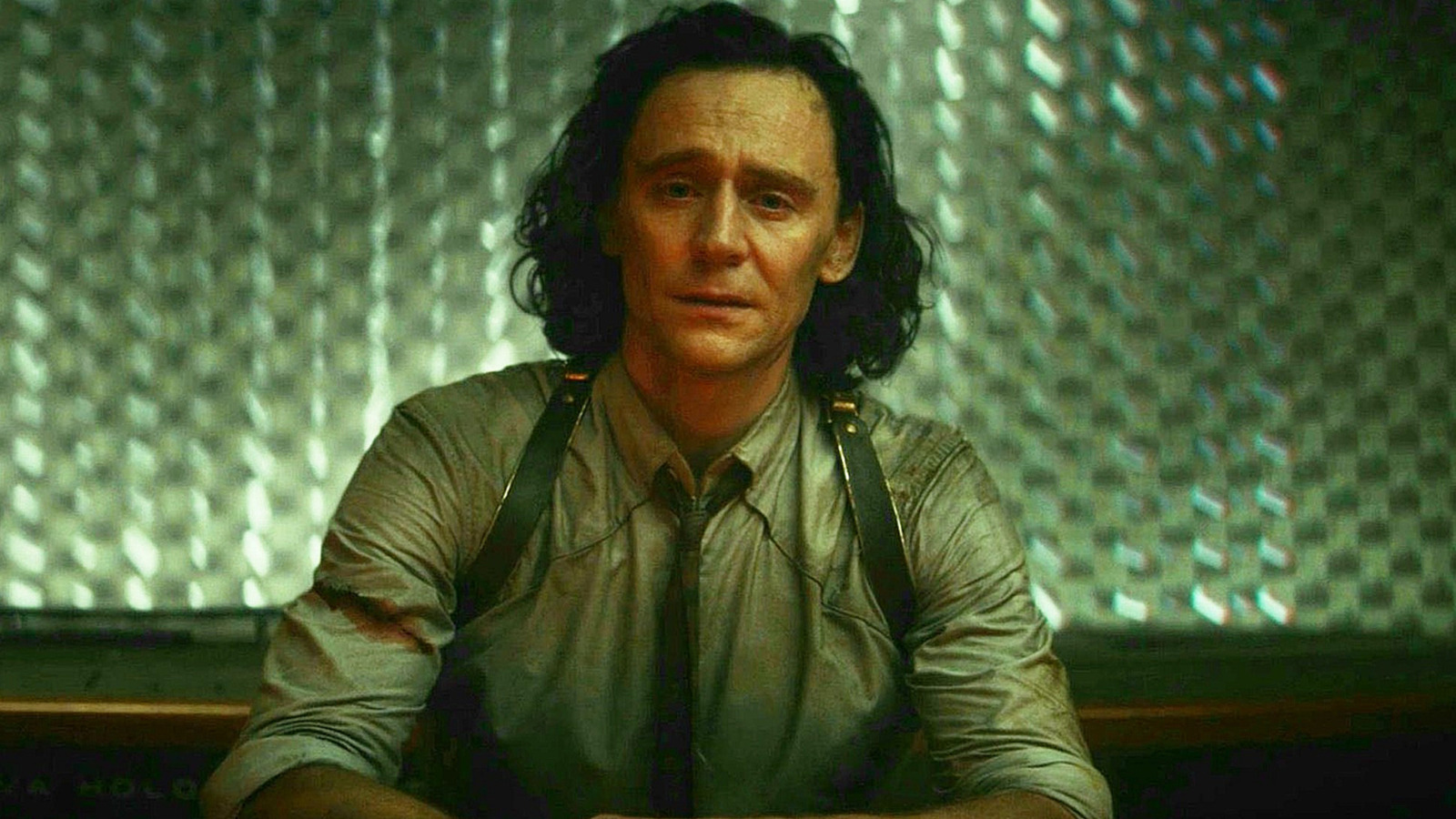The most significant aspect of the MCU’s contraction, however, might have a lot to do with why the series became popular in the first place. Note that the series is not about crime preventers but, as Iron Man (Robert Downey, Jr.) once pointed out in dialogue, about crime avengers. They get back at villains who have already enacted an evil plan. This is a clear metaphor for post-9/11 malaise. The Avengers represented a freelance military force whose morals were unshakably good and whose powers were impressive enough to stop attacks from mysterious outsiders. Many audience members emotionally latched onto the Avengers because they lived in a clean, parallel universe where superpowered beings could stop wanton acts of violent terrorism.
In the decade after 9/11, audiences were gloomy, surrounded by wars, and watching gritty military dramas that were still dizzy from the real-life violence in New York. By 2012, audiences were ready to see heroes clean up the mess.
By 2023, however, another generation has passed, and the wound of 9/11 is as healed as it will ever be. At the very least, America no longer requires the fantastical cinematic bandage that the Avengers provided. In short, the Avengers have outlived their cultural usefulness.
Without anything notably thematic to add to the cultural landscape, a wild over-glut of content, a thrown COVID-related release schedule, scandals surrounding budgets and VFX, a lawsuit, and a major star being taken to court, it’s no wonder audiences are finally — finally — losing interest. There will be no repeat of “Endgame.”
It’s not too late to cut and run. There’s no law saying that the MCU has to continue indefinitely.
The Marvel Cinematic Universe was once a global juggernaut of incomprehensible proportions. But now, as it falters, is it time to let it go? Read More

